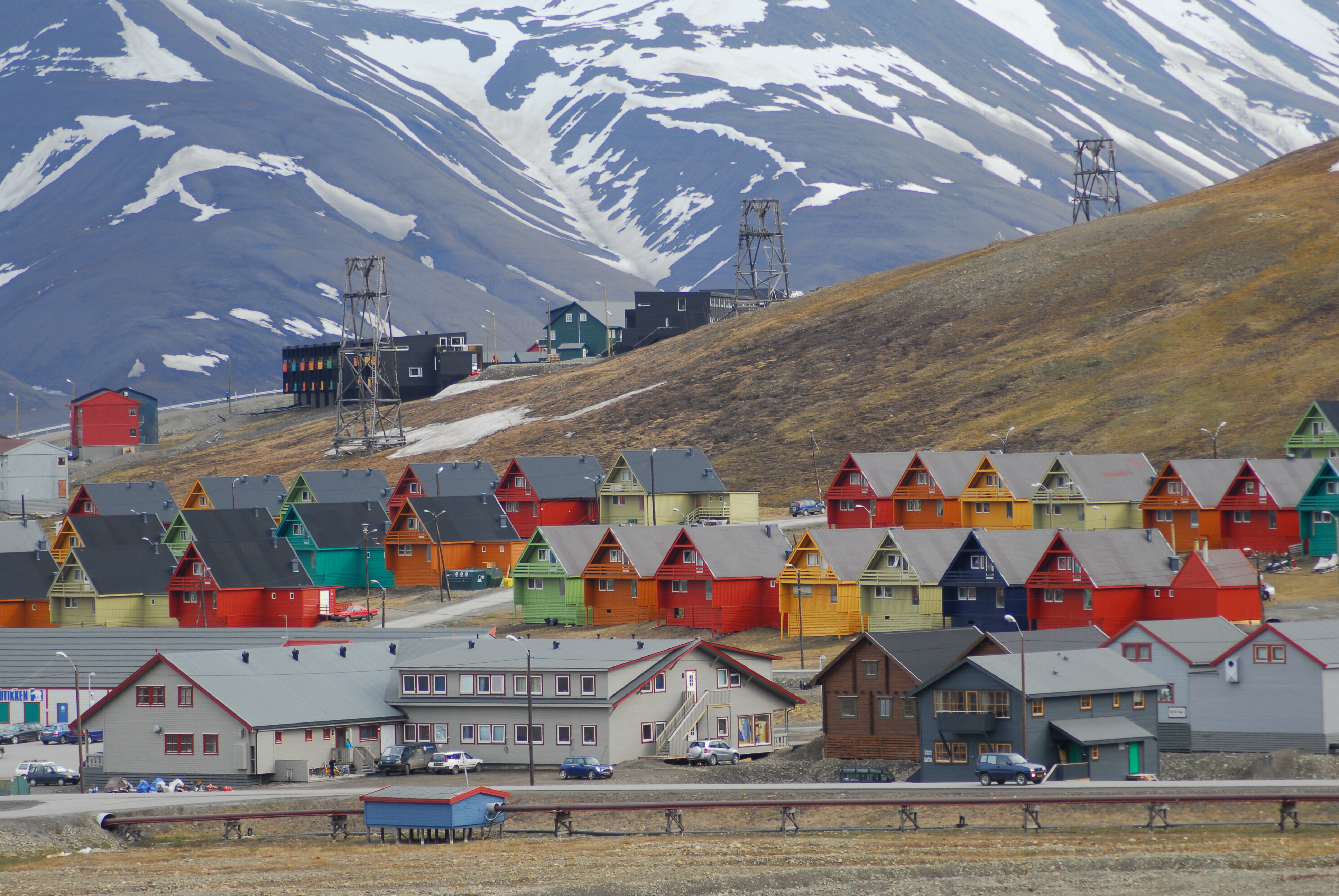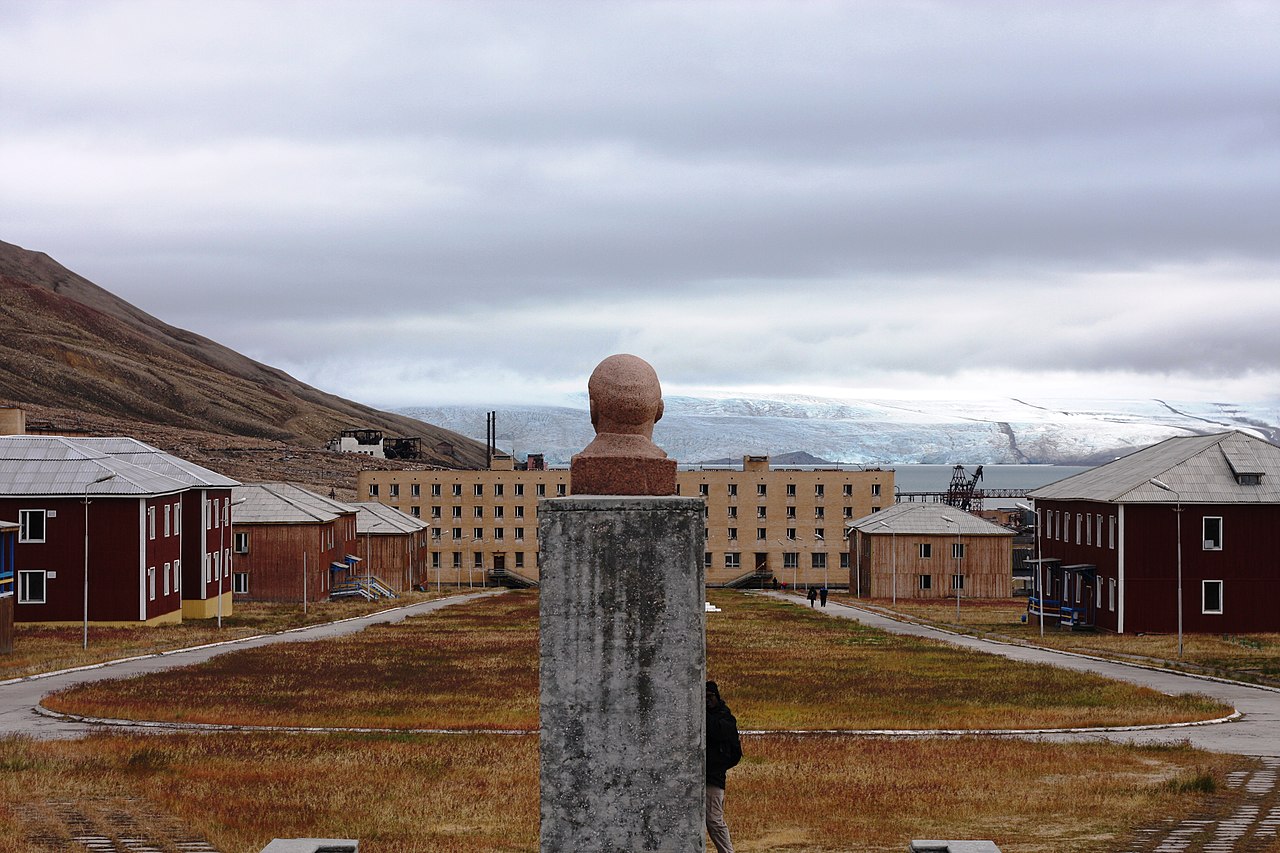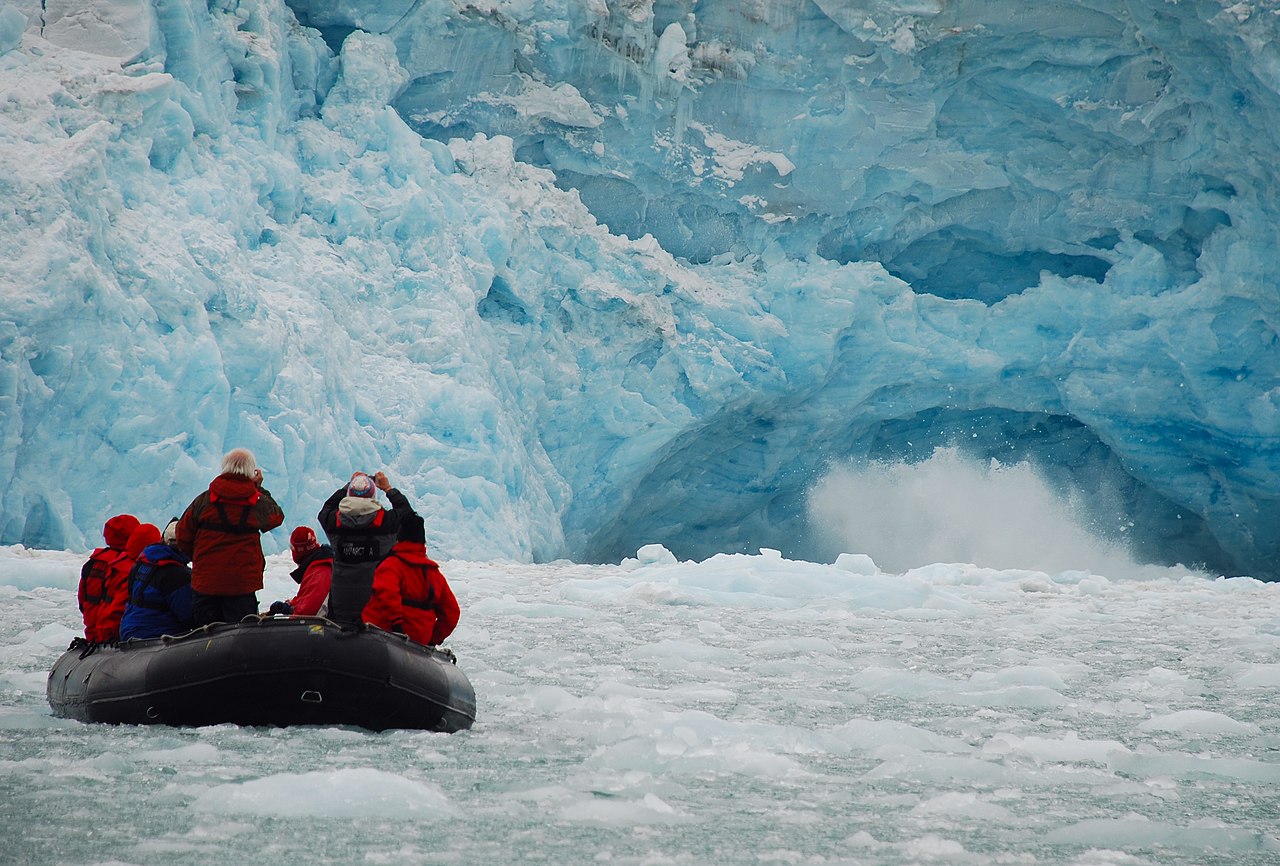Svalbard, a Norwegian archipelago in the Arctic Ocean, is known for its remote location, harsh environment, and stunning natural beauty. This unique destination offers a glimpse into the arctic wilderness, hosting a range of wildlife and breathtaking landscapes.
Land of Extreme Conditions
Svalbard is characterized by its rugged terrain, with massive glaciers and frozen tundra. The archipelago experiences extreme weather conditions, including the polar night, when the sun doesn't rise for months, and the midnight sun, with continuous daylight during summer.
Wildlife Haven
Despite the harsh conditions, Svalbard is teeming with wildlife. It is one of the few places on Earth where polar bears can be seen in their natural habitat. The region is also home to Svalbard reindeer, Arctic foxes, and numerous seabird species.
Human Settlement and History
Svalbard has a rich history of human settlement, from whaling in the 17th century to coal mining in the 20th century. Today, it hosts a small, tight-knit community focused on research and tourism.
The Svalbard Global Seed Vault
One of Svalbard's most notable features is the Global Seed Vault, a secure seed bank designed to preserve a wide variety of plant seeds from around the world, safeguarding against global crises.
Research and Exploration Hub
With its unique environment, Svalbard is a key location for scientific research, particularly in the fields of biology, geology, and climate studies.
Adventure and Tourism
Svalbard attracts adventure seekers and nature enthusiasts from around the globe. Activities include glacier hiking, wildlife safaris, and witnessing the Northern Lights.
Environmental Challenges
As a fragile ecosystem, Svalbard faces environmental challenges, particularly from climate change. The melting glaciers and changing wildlife patterns are of global scientific interest and concern.
Svalbard is more than a destination; it's an extraordinary journey into the heart of the Arctic. It offers an unparalleled experience of nature's extremes and a unique perspective on life in one of the world's most remote locations.











